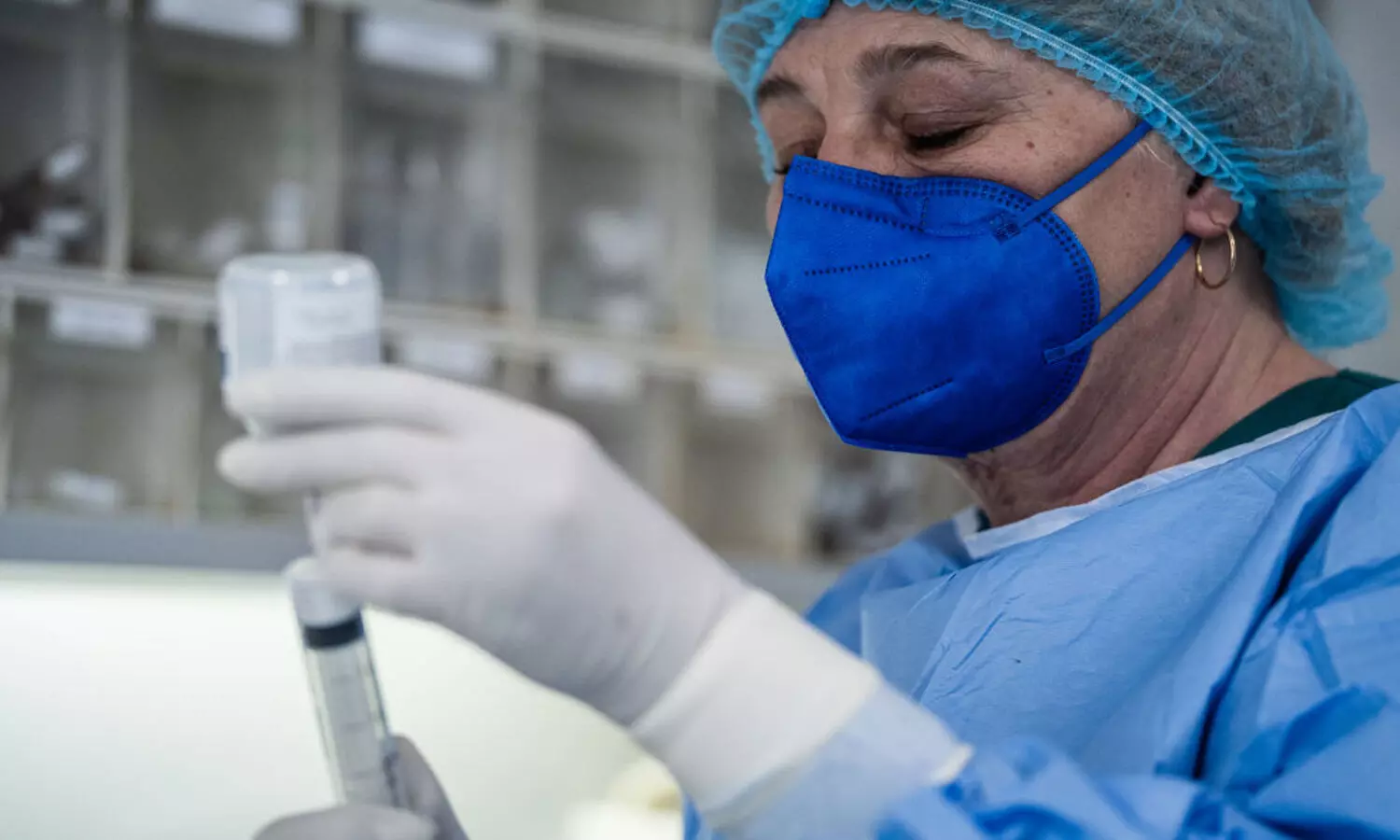TRENDING TAGS :
Here's what we know about the B.1.1.529 South African COVID-19 variant
The new variant which is called B.1.1.529, 'is of concern' as per the officials there.
People just started eyeing normalcy, but little did we know, another COVID-19 variant emerged in South Africa. Although the cases were declining until now, the new variant has raised fear amongst countries. The new variant which is called B.1.1.529, 'is of concern' as per the officials there. The new variant which causes COVID-19 is likely to be given a Greek code-name by the World Health Organization soon.
How dangerous is this new variant?
As per the reports in NDTV, B.1.1.529 variant has 50 mutations, including over 30 on the spike protein alone. The most current COVID-19 vaccines are reportedly targeting the spine protein. It was discovered in South Africa this week, and the strain has spread to several nearby countries, including Botswana, as per the reports. Scientists have red-flagged the new COVID-19 variant as it might make the virus more resistant to vaccines, thus causing more severe symptoms.
In South Africa alone, over 100 cases have been linked to this variant. While four have been diagnosed with it in Botswana and two cases were also reported in Hong Kong.
Yesterday, India issued a notice to authorities for rigorous screening of passengers from South Africa, Botswana, and Hong Kong. The ministry said, "This variant... has serious public health implications in view of recently relaxed visa restrictions and opening of international travel."
Here's what WHO says:
On Friday, the WHO cautioned against imposing travel restrictions due to the spread of B.1.1.529 COVID-19 variant. The international health agency said that it would take weeks to understand the implications of the newly discovered strain.
Spokesman Christian Lindmeier said, "WHO is closely monitoring the recently reported variant B.1.1.529. Early analysis shows that this variant has a large number of mutations that require and will undergo further study. It will take a few weeks for us to understand what impact this variant has."
"Researchers are working to understand more about the mutations and what they potentially mean for how transmissible or virulent this variant is, and how they may impact on diagnostics, therapeutics and vaccines," she added.



